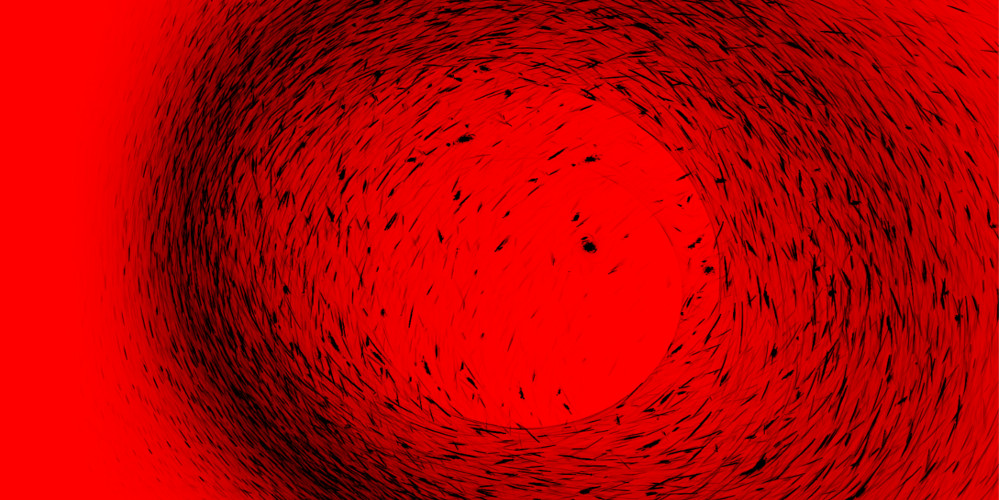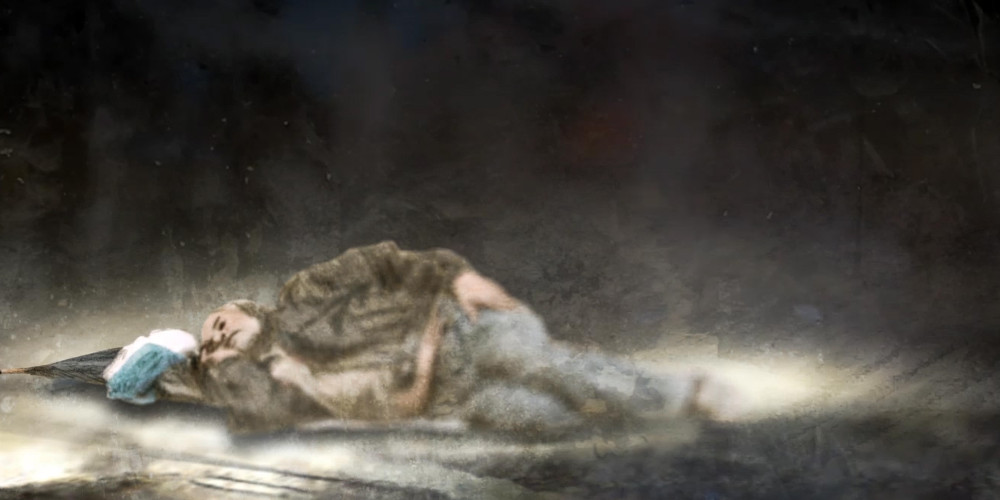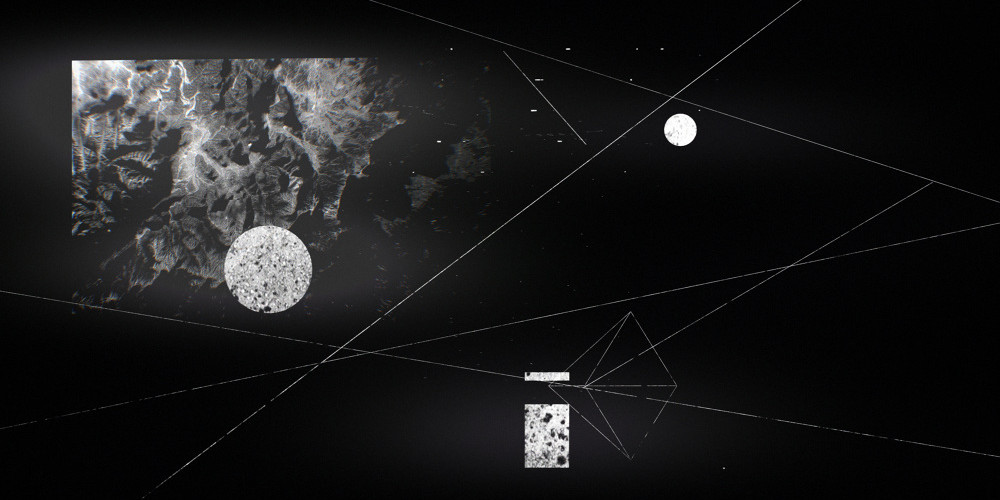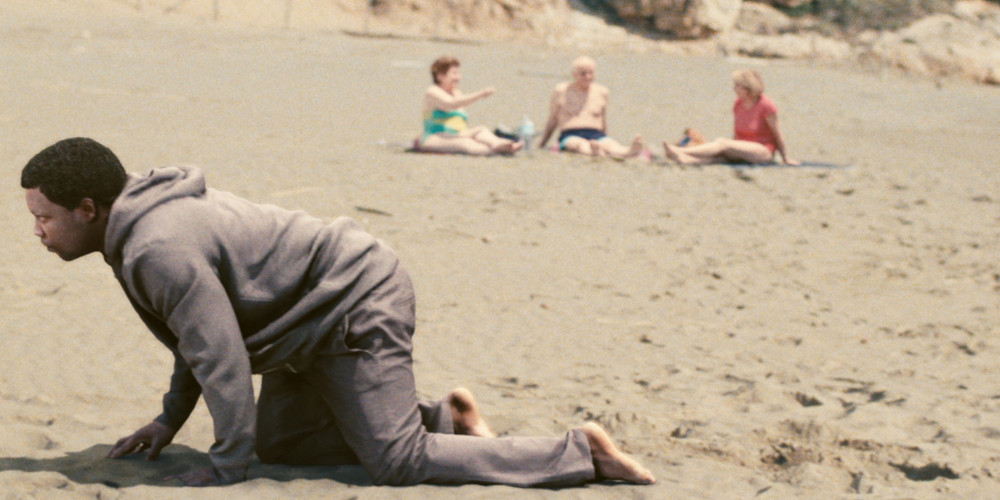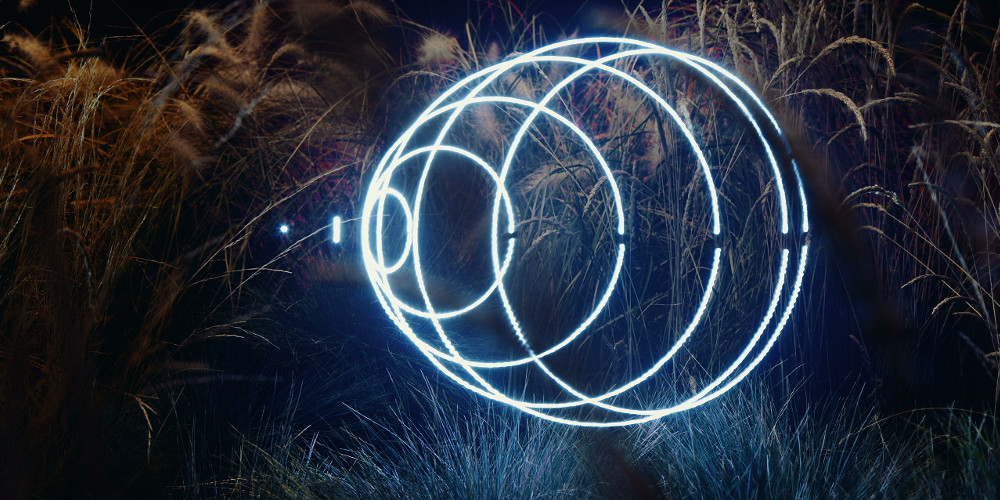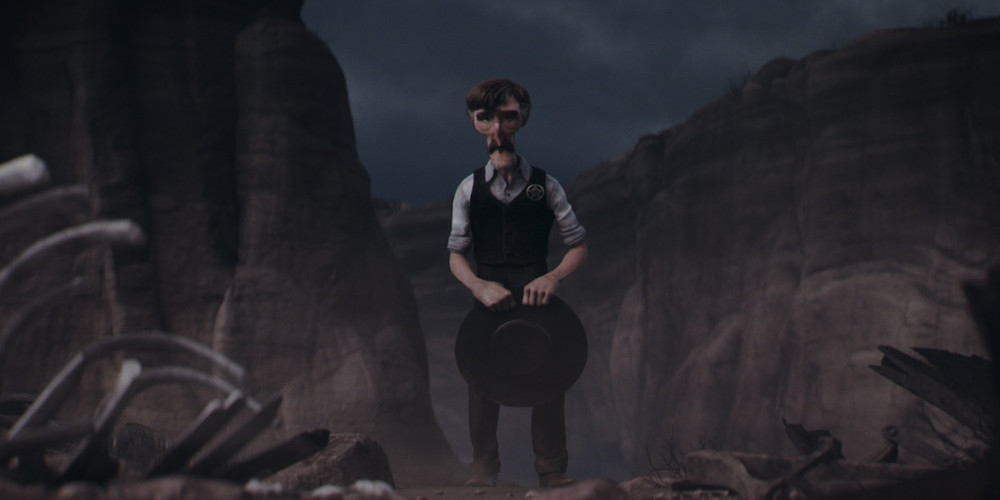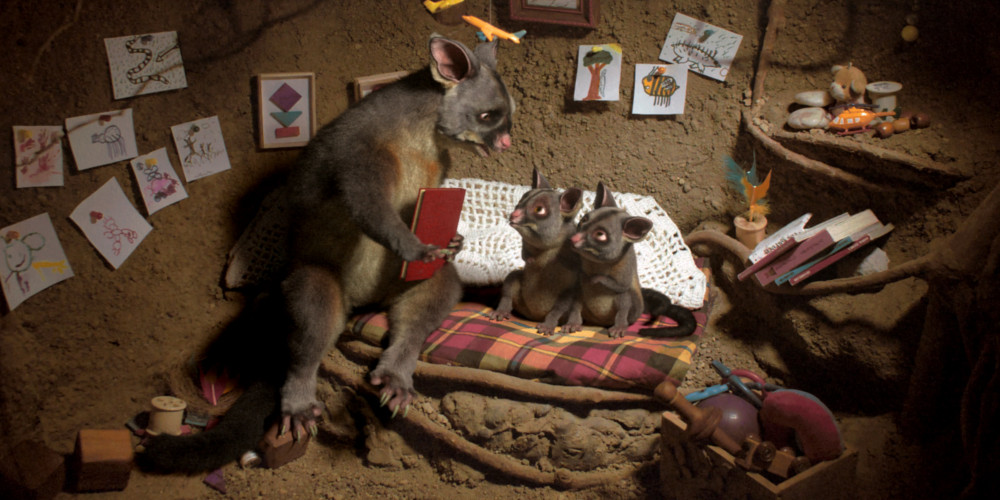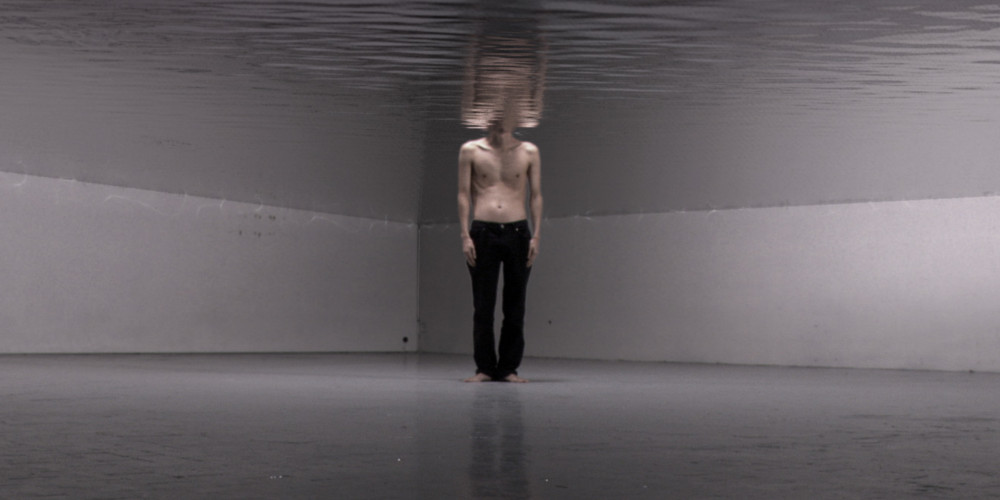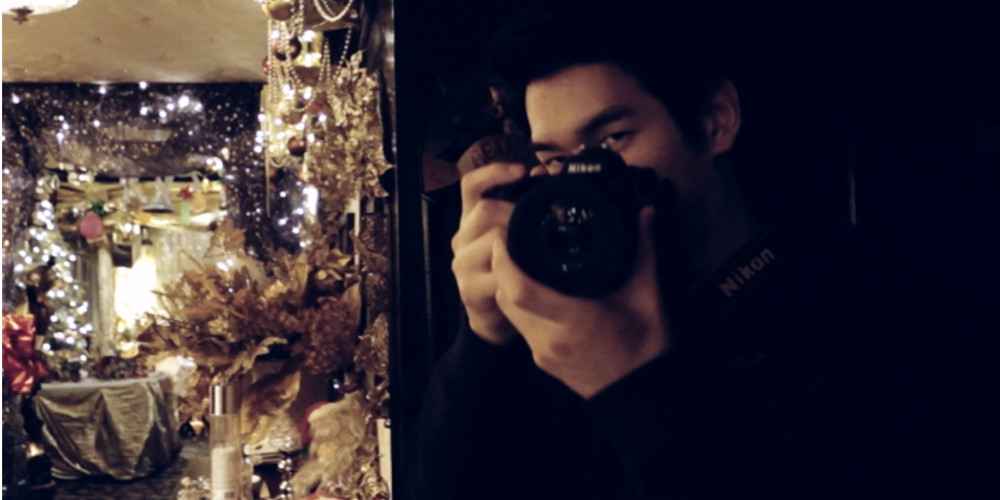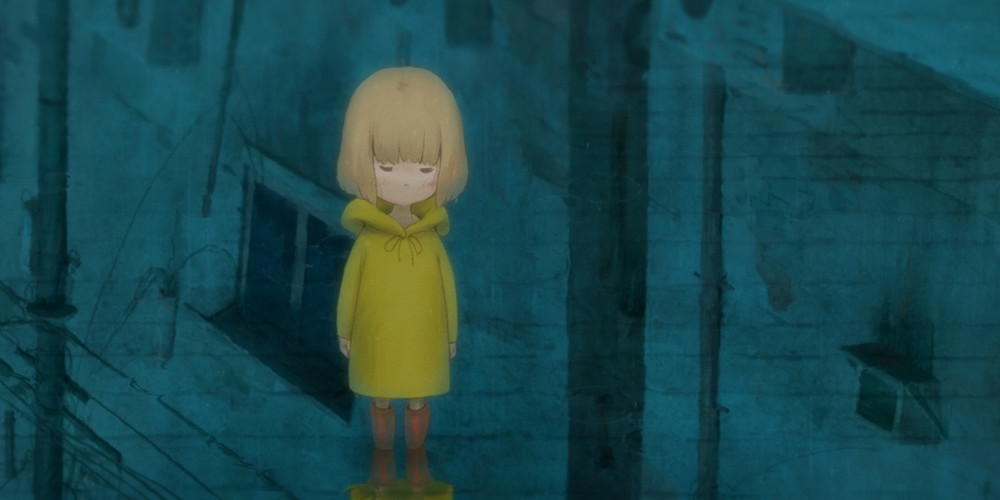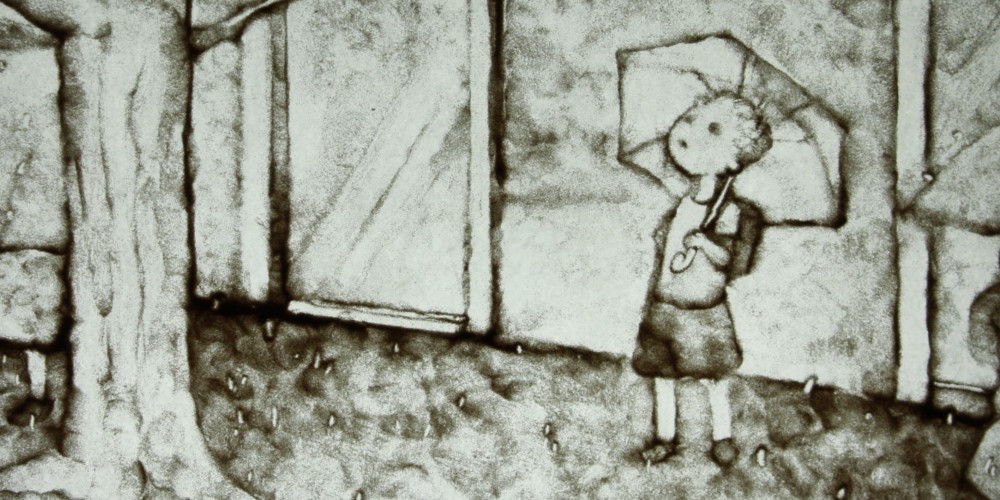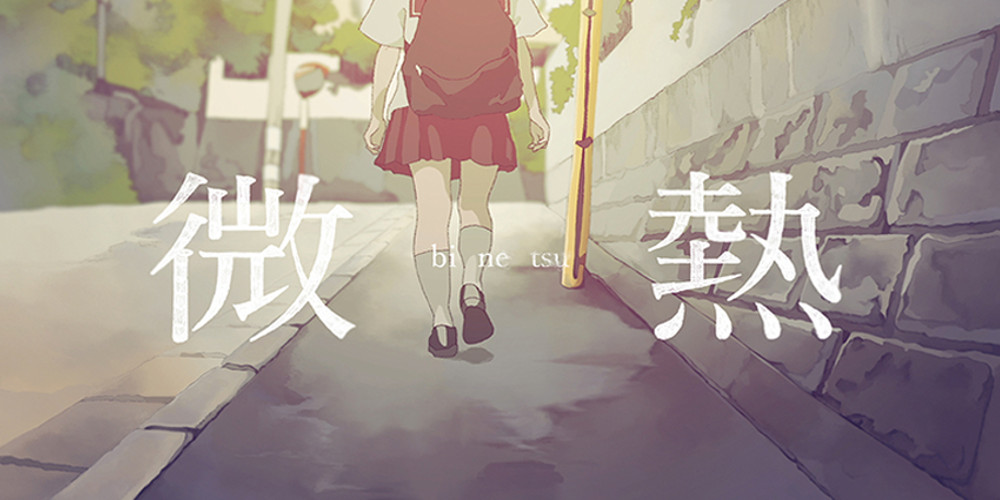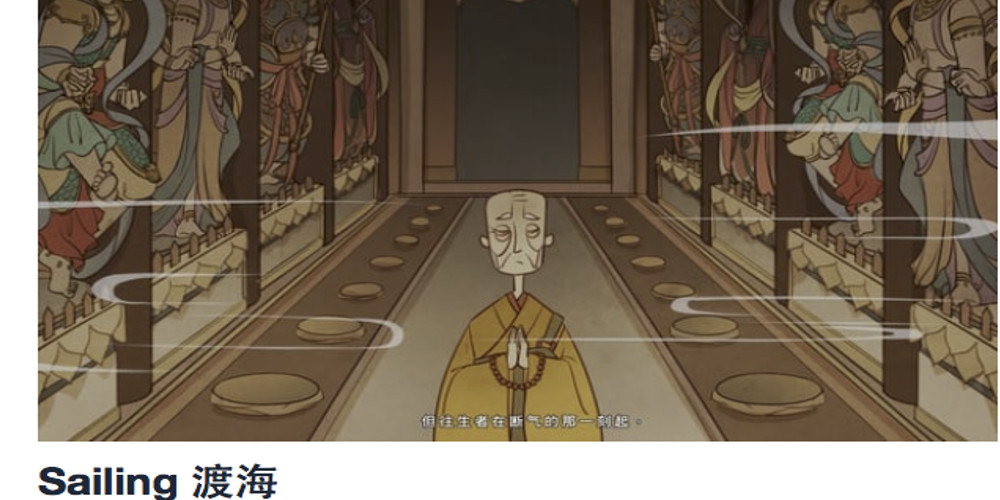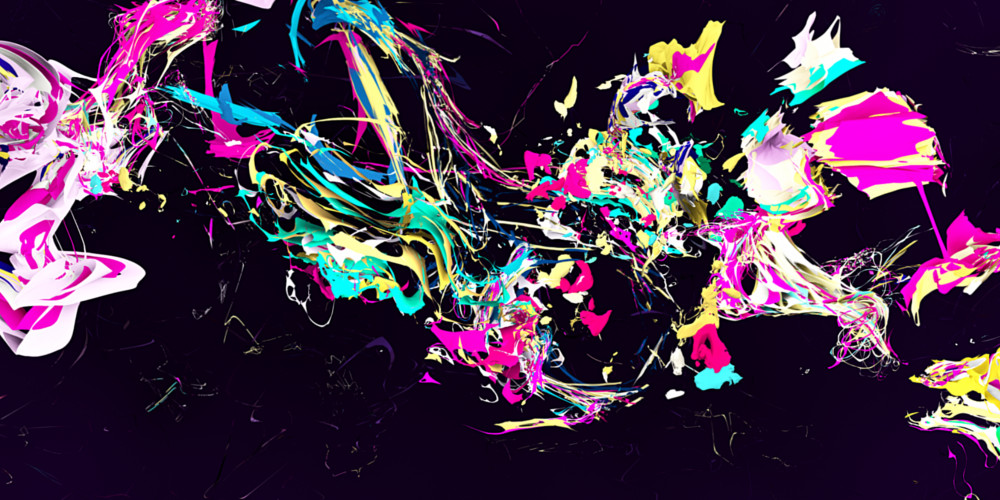
More than 1,300 works were submitted for prize consideration in the 2016 Prix Ars Electronica’s Computer Animation / Film / VFX category. These entries are the basis on which we’ve compiled the 15 programs that make up this year’s Ars Electronica Animation Festival, a cross-section of the world of digital filmmaking today and its tremendous aesthetic, substantive and technical diversity. They’re by indie and commercial filmmakers working in the arts and sciences, R&D and academia.
15 Programs
A selection of those works constituted the basis for eight one-hour themed programs. The Ars Electronica Animation Festival also includes special programs: the Japan Media Arts Festival Selection of the prizewinning films from the last festival; the IN PERSONA: Mihai Grecu program; the Filmakademie Baden Württemberg Anniversary Screening, the Student Animation Showcase: Digital Media, Hagenberg Campus, as well as the Young Animations lineup from media art festivals that honor excellence in various genres of digital filmmaking by young people; and screenings of student films from around the world, including the best works honored with Japan’s Campus Genius Award, the Osaka-based ISCA – The International Students Creative Award and from Tsinghua University Beijing (CN).
Abstract
Abstraction—that is, the reduction of what’s cinematically depicted to its essence or to certain aspects of it—can make use of a wide array of techniques. They range from abstract sculpture and painting onto film with a laser to mapping and generative art. The result is impressive visual complexity.
Deconstructed Realities
Deconstruction in a philosophical sense means breaking down literary or philosophical texts into their component parts and then assembling them anew. And that’s exactly what the filmmakers on this lineup do with architecture, everyday events or urban life: a Los Angeles studded with colorful neon signs in Arabic; a stereoscopic leap into the entrails of Paris; the surrealistic reversal of everyday acts; and microscopic investigations leading into the inner domains of the outer world.
Visuals & Sound
This program features music videos and works of sound art that demonstrate diverse ways of blending imagery and music. The spectrum includes classical music videos, software developments and dancing robots. What they all have in common is the successful interplay of acoustic and visual elements. Come and see/hear for yourself!
Statement
The filmmakers on this lineup take a stance on the big issues of our times—for instance, the current sociopolitical situation in Europe and the refugee problem, global warming, and using resources sustainably. Some of these takes might come across as comical at first, but they’ll soon wipe that smirk off your face and replace it with a pensive look.
Expanded & Experimental
Experimental modes of animation are on display here. Real and virtual dance performance is seamlessly combined with quadcopter-mounted cameras that expand the space; macro shots shift the point of view inwards; light painting is technologically expanded; fluid bodies are animated via motion capture; and hybrids of game and reality trigger an impressive shift of perspective.
Comedy & Black Humor
Lots of dark humor is packed into this program: A 12-year-old boy dissects a frog in biology class and speculates about what he would do if he were God; the bedtime story of Father Opossum is an inane alphabet of death; and the Sisyphus-like saga of two mountain climbers in the Alps is a stone-cold stunner.
IN PERSONA: Mihai Grecu
Mihai Grecu’s visual and poetic trips mix several techniques and styles and may be seen as propositions for a new, dream-oriented technology. After studying art and design in Romania and France, he has been pursuing his artistic research at the Fresnoy Studio of Contemporary Arts. Recurring topics such as distress, cloning, hallucination, city life and war articulate the whole of his exploration of mysterious and subconscious beginnings. His work has been shown at numerous film festivals (Locarno, Rotterdam, Festival of New Cinema in Montreal) and exhibitions.
Young Animations
Witty, off-beat, subtle, tragic and serious animated work produced by young filmmakers will be screened during the Festival Ars Elctronica. Every year, gifted young filmmakers submit their movies to u19 – CREATE YOUR WORLD (Austria), bugnplay (Switzerland), MB21 (Germany) and C3<19 (Hungary). The greatest hits will be featured in Young Animations.
Japan Media Arts Festival Selection
This program introduces eight video works which reflect everyday life in contemporary Japan through very Japanese depictions of the human emotions. The House of Small Cubes, the first Japanese film to win the Academy Award for Best Animated Short Film, conveys an important, moving awareness through its precise, nostalgic world view. Other works in this program use minimalist techniques to excite the viewer’s imagination. Issey Miyake *A-Poc Inside*, for example, begins with simple graphics made from white dots, which fuse with music and rhythm to generate the movement of fashion models in a fashion show.
Campus Genius Award
The Campus Genius Award (Gakusei CG Contest) honors digital artworks created by students. The continuity of this contest, which has been held for 21 years, underpins its important role in Japanese media arts. Incorporating new media and technology forms of expression that change with the times, the contest forms a gateway not only for computer graphic artworks, but for a wide range of diverse genres. Many past award-winners have also won high acclaim in the Ars Electronica, the Berlin International Film Festival Berlinale and the Japan Media Arts Festival and are working at the front line of several creative fields, such as art, design and entertainment.
ISCA–The International Students Creative Award
The International Students Creative Award is an international arts and information media competition sponsored by the Knowledge Capital Association. It is for Japanese and international university, graduate school and vocational school students.
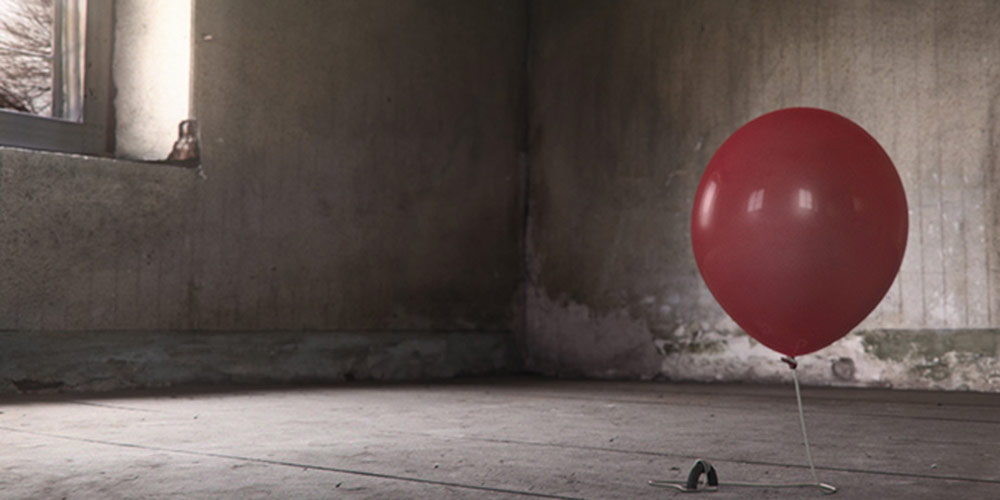
Credit: Joachim Dieplinger, Clemens Gaisbauer, Hannah Oberherber
Student Animation Showcase: Digital Media, Hagenberg Campus
This screening features current student works from the Department of Digital Media at the University of Applied Sciences Upper Austria, Campus Hagenberg: from classical animation to hybrid forms as well as from narrative to experimental shorts.
Filmakademie Baden Württemberg Anniversary Screening
The prestigious Filmakademie Baden-Württemberg celebrates its 25th anniversary in 2016. The Institute of Animation, Visual Effects and Digital Postproduction is integral to the Filmakademie’s international acclaim: founded in 2002, the Institute offers hands-on training in animation and interactive media. Its award-winning student projects cover the whole range of animation and explore transmedia aspects—from drawn animation to 3D projects and fully-fledged VFX productions. This screening features a hand-picked selection of outstanding student projects from the last 25 years.
Tsinghua University
This program features selected works of animation art by students at the Academy of Arts and Design of Tsinghua University in Beijing (CN). Tsinghua is considered one of China’s best universities for engineering and the natural sciences. It’s a member of the C9 League, an association of the country’s nine most prestigious institutions of higher learning.
Schedule
THU September 8, 2016
| 12PM – 1PM | Narration |
| 1PM – 2PM | Comedy & Black Humor |
| 2PM – 3PM | Young Animations |
| 3PM – 4PM | Visuals & Sound |
| 4PM – 5pM | Tsinghua University |
| 5PM – 6PM | Filmakademie Baden Württhemberg Anniversary Screening |
| 6PM – 7PM | Abstract |
| 7PM – 8PM | Deconstructed Realities |
| 8PM – 9PM | Statement |
| 9PM – 10PM | Late Nite |
| 10PM – 11PM | Expanded & Experimental |
FRI September 9, 2016
| 7PM – 8PM | Expanded & Experimental |
| 8PM- 9PM | Deconstructed Realities |
| 9PM – 10PM | Statement |
| 10PM – 11PM | Late Nite |
SAT September 10, 2016
| 10AM-12PM | Student Animation Showcase: Digital Media, Hagenberg Campus |
| 8PM – 9PM | IN PERSONA: Mihai Grecu |
| 9PM – 10PM | Expanded & Experimental |
| 10PM- 11PM | Visuals and Sound |
SUN September 11, 2016
| 12PM – 1PM | Comedy & Black Humor |
| 1PM – 2PM | Young Animations |
| 2PM- 3PM | Narration |
| 3PM – 4PM | Campus Genius Award |
| 4PM – 5PM | ISCA–The International Students Creative Award |
| 5PM- 6PM | Japan Media Arts Festival Selection |
| 6PM- 7PM | Deconstructed Realities |
| 7PM – 8PM | Statement |
| 8PM – 9PM | IN PERSONA: Mihai Grecu |
| 9PM – 10PM | Abstract |
| 10PM – 11PM | Late Nite |
MON September 12, 2016
| 12pM – 1PM | Young Animations |
| 1PM – 2PM | Campus Genius Award |
| 2PM – 3PM | ISCA–The International Students Creative Award |
| 3PM – 4PM | Japan Media Arts Festival Selection |
| 4PM – 5PM | Narration |
| 5PM- 6PM | Tsinghua University |
| 6PM – 7PM | Filmakademie Baden Württhemberg Anniversary Screening |
| 7PM – 8PM | IN PERSONA: Mihai Grecu |
| 8PM – 9PM | Abstract |
| 9PM – 10PM | Visuals & Sound |
| 10PM – 11PM | Comedy & Black Humor |

